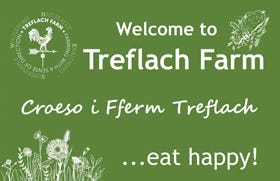Permaculture design is essentially three things.
A set of ethics, or long-term goals.
A set of principles, derived from observing natural systems
A set of design tools which allow us to turn our intentions into plans and those plans into reality
Permaculture’s ethics are what set it apart from any other design system and specifically from capitalism, which puts profit maximisation over social or environmental goals.
Permaculture is a system of problem-solving that begins by taking the widest and most distant view, before zooming in on the details.
It is so easy to be swamped by detail, to lose the overview. The real world is complicated, first, we must see the overarching patterns before we plunge into the endless detail.
The ethics act as a long-term steering mechanism, allowing us to see beyond the individual limitation or challenge of any given situation. The twists and turns of real life and its complexity can easily blow us off course, the ethics steer us towards desirable outcomes.
A problem-solving approach where the problem is the solution!
Earthcare, Peoplecare, Fairshare,
Easy to say, easy to memorise, but what do they mean?
We have to take these ideas to heart and make them our own to become a successful permaculture practitioner.
Join us on the permaculture journey, looking at the ethics, principles and design tools of permaculture
Join students in East Africa actively working to bring permaculture into thier commnuities ot build resilience and create new opportunities
Join me at Treflach Farm, Horticulture Hub, where we are building our mandala garden and permaculture innovation hub.













Share this post